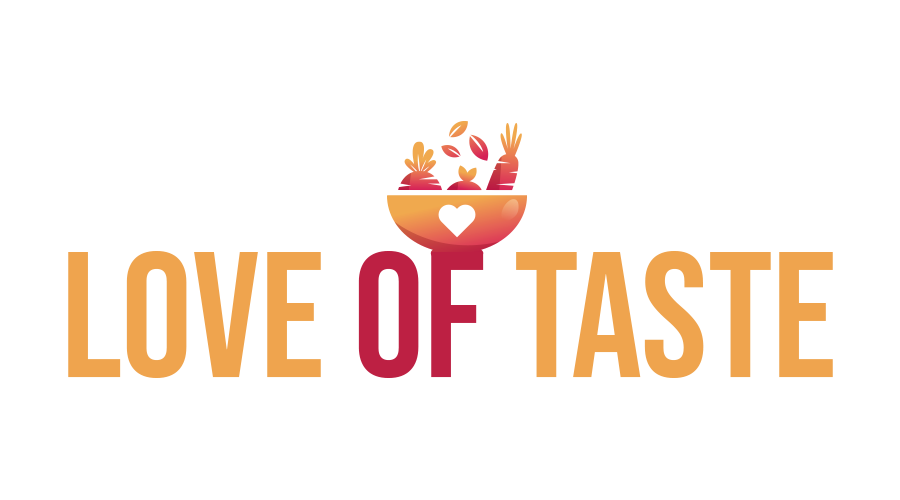By simplifying tedious chores, strengthening hiring procedures, and boosting employee involvement, synthetic intelligence (AI) and automation are changing the HR area. AI-driven chatbots may handle mundane inquiries, freeing HR trends and predictions on key projects. By use of prior data evaluation, predictive analytics assist with talent acquisition by guaranteeing improved recruiting choices. Moreover, automation lowers human mistakes by means of performance monitoring and payroll administration. Embracing these developments would help companies to be more data-driven and proactive in HR by increasing efficiency and employee happiness. Organizations have to remain ahead as technology develops by adopting artificial intelligence into their HR operations.
The Growth of Hybrid and Remote Work Models
The worldwide movement towards remote and hybrid work models has altered the way companies manage their staff. Businesses are concentrating on developing rules that strike a balance between productivity and flexibility. Employees today anticipate companies to provide in-office cooperation as well as remote work possibilities. HR departments have to plan virtual team-building, performance monitoring, and remote involvement. It is very vital to invest in digital technologies enabling smooth cooperation and communication. Companies that welcome flexible work policies will attract and retain the best people. Adapting to this trend guarantees a good work culture and maintains operational efficiency in the changing working environment.
Programs for mental health and employee well-being
With businesses putting mental health programs and wellness projects under emphasis, HR trends and predictions increasingly give employee well-being top importance. Access to counselling services, stress management courses, and flexible work hours helps workers maintain a good work-life balance. Companies that support mental health awareness report more involvement and output. HR departments are putting proactive measures in place to raise workplace morale and reduce employee fatigue. Businesses that give employee well-being priority build a conducive workplace, which helps to retain more people and increases job happiness. In the business world of today, addressing mental health issues is not optional but rather a need.
Data-Driven HR Decision Making
HR teams are depending more and more on data analysis to guide their choices. Data enables HR practitioners to create plans that fit corporate objectives from staff performance evaluation to talent acquisition. Workforce analytics provide knowledge about trends in productivity, attrition rates, and employee involvement. Real-time data helps businesses to see problems early and take appropriate action. HR software systems make data gathering easier, therefore enabling reliable reporting and analysis. Being able to make data-driven choices improves HR efficiency and effectiveness, hence enabling companies to succeed in a competitive market.
Future Workforce Needs: Upskilling and Reskilling
Technological developments speed up the need for constant skill upgrading by workers. To close skill gaps and equip workers for future difficulties, businesses are spending money on upskilling and reskilling initiatives. Employee development is increasingly dependent on individualized learning tools, internet training courses, and mentoring initiatives. Companies that give ongoing learning top priority ensure their employees stay flexible, so they have a competitive advantage. HR experts have to create training courses in line with employee career development and business development. A learning culture improves performance as well as employee loyalty and happiness.
Diversity, Equity, and Inclusion (DEI) Projects
To create a more inclusive workplace, companies are stressing more diversity, equality, and inclusion (DEI). HR departments are enacting rules that encourage fair chances and lower prejudices in promotions and recruitment. Inclusive workplaces increase employee morale, inventiveness, and creativity. Businesses are also funding training courses to educate staff members on cultural awareness and unconscious prejudice. Giving DEI projects top priority helps companies draw a varied talent pool and create more unified, robust teams. Establishing a fair and encouraging workplace helps companies and workers in the long term.
How HR Shapes Corporate Culture
HR is critical in setting up and maintaining an awesome company lifestyle. A true enterprise way of life increases retention charges, production, and employee involvement. To create a hit organizational tradition, HR practitioners must emphasize open conversation, management development, and recognition tasks. Promoting openness and teamwork helps to create a feeling of belonging amongst personnel contributors. Businesses with a robust way of life appeal to the high-quality experts and improve their business enterprise emblem. To healthy convert worker expectations and enterprise traits, HR has to assess and improve the place of job guidelines constantly.
Conclusion
Technological traits, evolving employee expectancies, and a developing awareness of employee nicely-being are helping to define the HR destiny. Companies that undertake HR trends and forecasts, consisting of synthetic intelligence integration, far-flung work models, and diversity tasks, will flourish in the changing corporate surroundings. Key areas of interest will still consist of statistics-pushed selection-making, employee upskilling, and mental health initiatives. Success will rely upon HR professionals being in advance of growing trends as they negotiate these modifications. Visit buying and trading-broker.in and get knowledgeable on the newest enterprise improvements for greater information on enterprise and workforce techniques.


